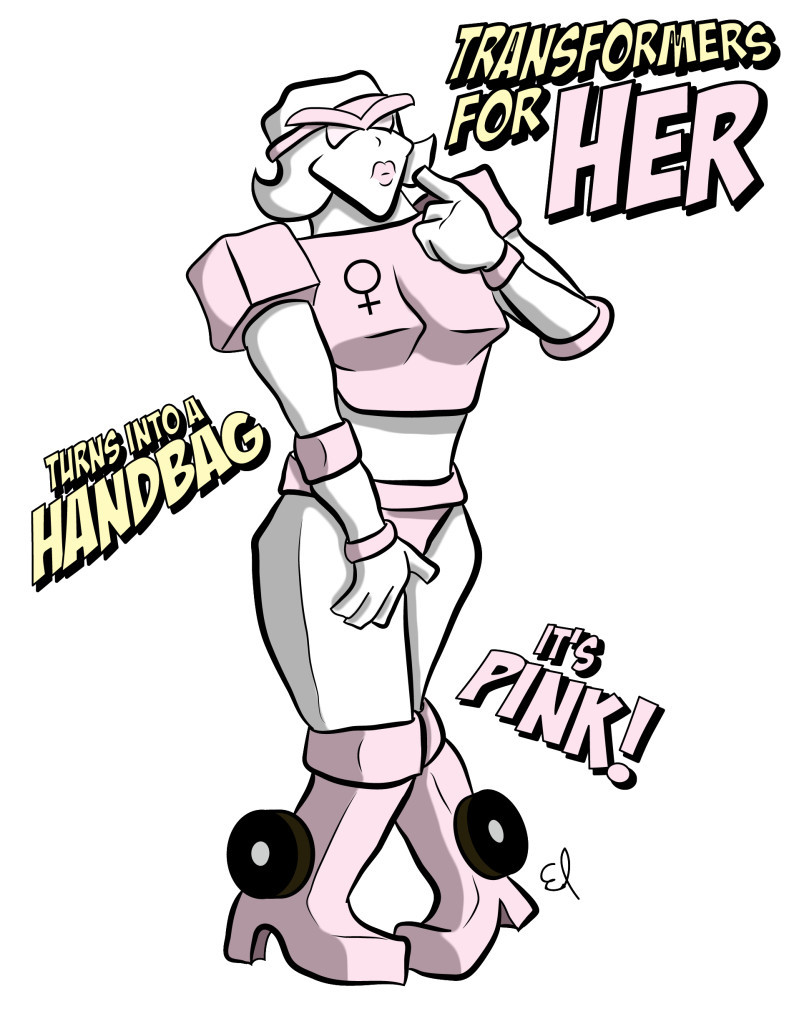Taylor Swift’s stance against streaming
By Cazzy Lewchuk, Staff Writer
Earlier in November, Taylor Swift—arguably the most popular artist in the world—pulled her entire catalogue from the online music streaming service Spotify. In addition to already being a hugely successful musician, Swift’s new album 1989 reached platinum this year and may be one of the last albums to do so. Swift defended the decision to make her music difficult to access by saying, “I’m not willing to contribute my life’s work to an experiment that I don’t feel fairly compensates the writers, producers, artists, and creators of this music.”
Spotify’s payment to its artists has remained controversial, and perhaps rightfully so, as they currently pay a fraction of a penny per play to the artist. However, Swift’s decision is at the best misguided, and at the worst, a marketing ploy. For one thing, Swift’s massive popularity meant that she earned $2-million through global streaming already and was projected to earn $6-million by the end of the year—this is of course in addition to the millions she is currently earning through album sales, touring, promotions, etc.
If Swift wants to talk about “unfair compensation” perhaps she should start with the lack of accessibility and promotion affecting the millions of musicians who are not global superstars. One such reason for artists struggling involves the lack of promotion from major music distributors such as iTunes, YouTube, or large record labels. While popular Top 40 artists continue to make millions from track/album sales and streaming, everyone else is left behind in the music media monopoly.
Consumers of the media today value accessibility over ownership, and have for quite some time. There’s a reason Netflix and Spotify have tens of millions of paying subscribers. I personally—and I know many others feel the same way—will always go for the legal option whenever possible, and couldn’t care less about whether I “own” the thing playing on my screen. I wouldn’t mind listening to Swift’s new album before deciding whether or not to buy it. I’d even gladly pay to do so (perhaps the $7.99/month for Spotify Premium) but she’s made it clear that’s not an option.
If 1989 was available on YouTube or another streaming service, I’d gladly check it out over there. Indeed, Swift quietly released all her singles (but not her albums) on the brand new music streaming service called YouTube Music Key. While she seems to be firm on her stance of not giving her albums away for free (which is fairly reasonable) the fact that these singles are still not available on Spotify suggests it’s more of a corporation battle. Consumers have to choose between the less-convenient YouTube service or the established Spotify brand. Heaven forbid her music be legally accessible in more than one place.
I believe artists should be compensated fairly as much as anyone else, but $6-million sounds pretty fair to me; it’s $6-million more than the Pirate Bay pays.

